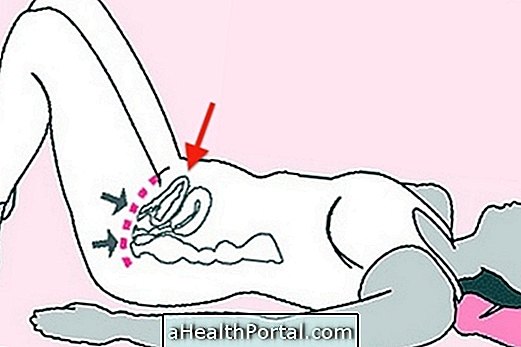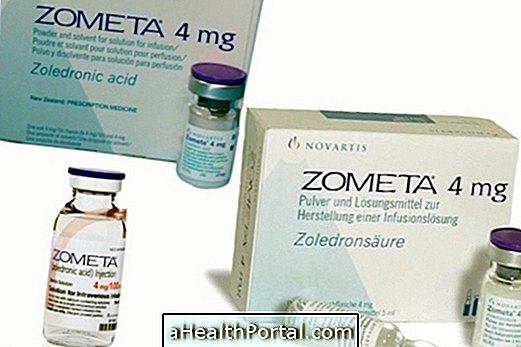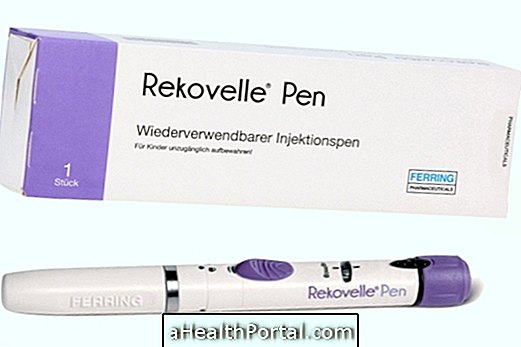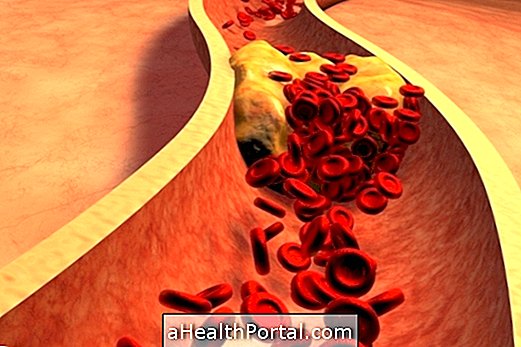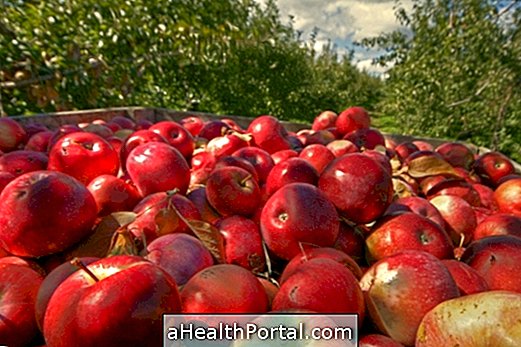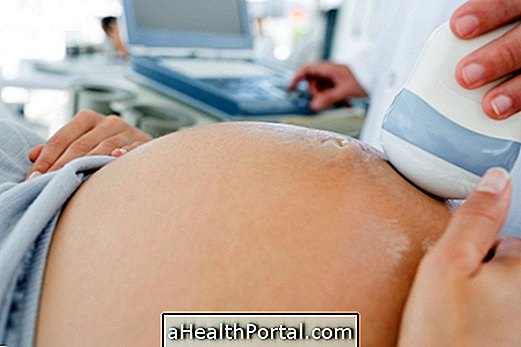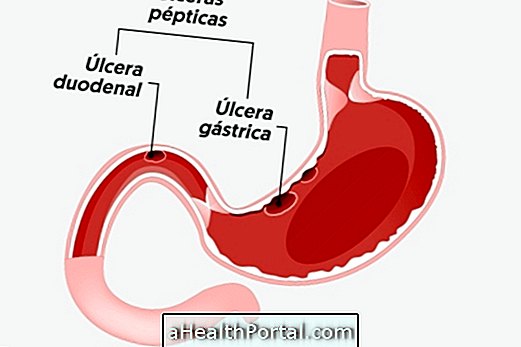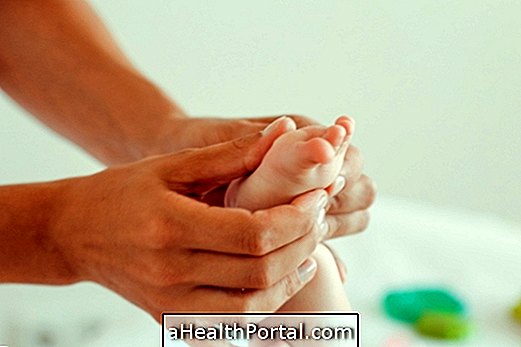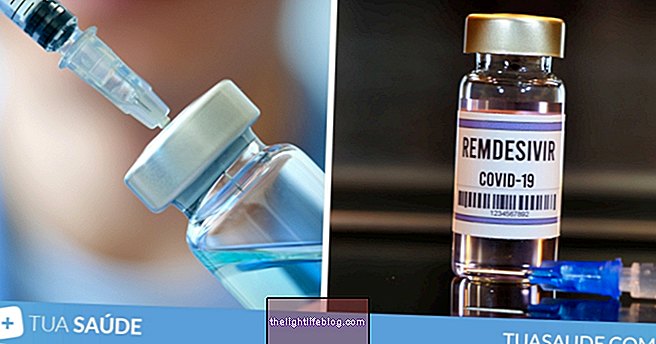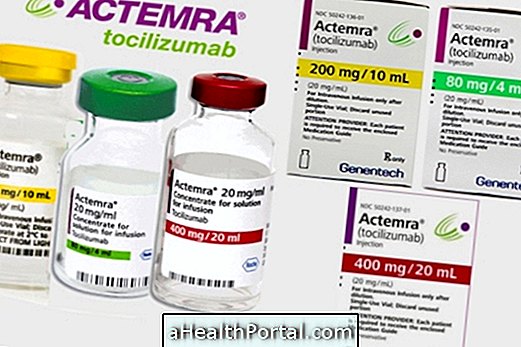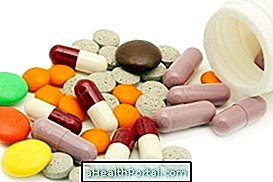Knowing how to care for your teeth during pregnancy helps prevent the onset of oral diseases, such as gingivitis and cavities, which are more common during gestation due to hormonal changes, frequent vomiting and cravings for sweet foods.
In addition, problems in teeth during pregnancy increase the risk of the baby being born premature, with low weight and with vision or hearing problems. So during pregnancy, a woman should maintain good oral hygiene, eat a balanced diet and consult a dentist before becoming pregnant to avoid problems in the mouth.
Although the most important thing to take care of your teeth is to brush your teeth at least 2 times a day, there are 5 precautions that are indispensable during pregnancy to avoid oral problems:
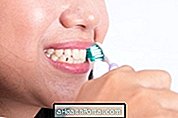


- Rinse mouth with water after vomiting and then rinse mouth.
- Brush your teeth 1 hour after vomiting with an unflavored paste as it helps remove acid from teeth and prevents nausea. See how you should brush your teeth to avoid developing cavities.
- Floss between teeth when brushing teeth to remove any dirt;
- Eat foods rich in calcium and vitamin D, such as milk, cheese and salmon, for example, because they strengthen the teeth and gums. See other foods in: Foods rich in calcium;
- Avoid eating very sweet foods such as chocolate, ice cream, candy and biscuits, as they facilitate the development of bacteria in the mouth.
These precautions are important to avoid unnecessary dental visits, since the treatments are contraindicated during the first trimester of pregnancy and after 30 weeks, preferably in the second semester of pregnancy or after delivery.
However, if the woman has a problem with her teeth, she should consult the dentist, as she can indicate an appropriate treatment to relieve the symptoms without harming the pregnancy.
Foods That Prevent Cavities
Certain foods help prevent tooth decay. Find out what they are in the following video:


